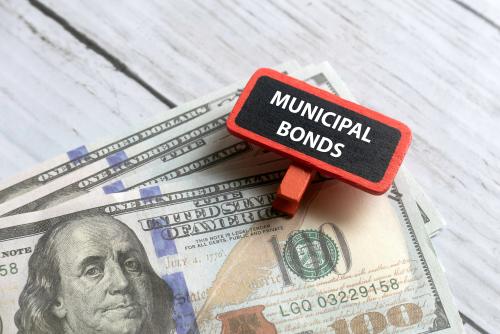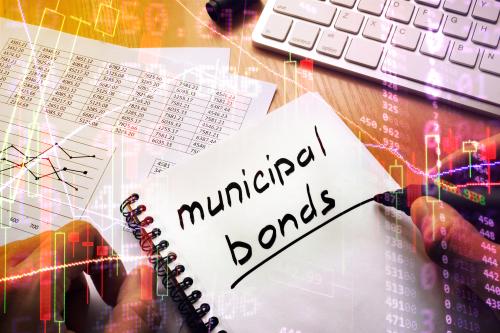A smaller fraction of Americans owns state and local government bonds today than 25 years ago (2.4% in 2013 vs. 4.6% in 1989), and that ownership is more heavily concentrated among the very rich (the top 0.5% of Americans by wealth held 42.0% of all municipal bonds in 2013 vs. 23.8% in 1989), according to Brandeis’s Daniel Bergstresser and MIT’s Randolph Cohen in a Hutchins Center working paper. Their explanation: Tax-deferred retirement accounts have become more popular, and people with such accounts tend not to invest in municipal bonds because they can’t benefit from the bonds’ primary attraction—interest that is exempt from federal income tax.
The shrinking slice of Americans who hold municipal bonds could have ramifications for who gets repaid and how much in cases of fiscal distress. When a town’s creditors are wealthy outsiders rather than constituents, elected officials may be more inclined to let the town default, or, if the town is bankrupt, to treat constituent creditor groups more generously in bankruptcy. As Bergstresser and Cohen put it, “the security of municipal bonds” rests on “political will,” which could be affected by attitudes toward bond owners.
What’s more, they say that the shrinking share of Americans who hold municipal bonds may lead members of Congress to consider eliminating the federal tax exemption for municipal bond interest, perhaps as a way to raise revenue to finance a broader tax reform measure.
Voters are increasingly aware of the identities of investors in their local government’s bonds, particularly in instances when the bonds have been sold to politically unpopular investors like hedge funds. Speaking at the 2016 Municipal Finance Conference held at Brookings, Natalie Cohen, Head of Municipal Research at Wells Fargo, expressed concern over this trend: “The law itself should be indifferent as to where the money came from… And maybe it’s more in the press than it is in the courtroom, but the press is clearly identifying certain investors over other investors.”
Cohen notes that elected officials don’t look to see whether individual mom and pop bondholders are good people before paying them back. If investors have put money into Puerto Rico or Detroit or Harrisburg debt, they should be treated the same regardless of how morally deserving they are, she argues. But when the media point out that creditors are hedge funds or label some creditors “vulture investors,” Cohen believes they may be implying that this distinction should affect how they are treated. This question—should a creditor’s identity matter—goes back to the U.S.’s early years, when Congress followed Alexander Hamilton’s lead in deciding war obligations should be paid in full to the current holders, even though many of those bonds had been snatched up by speculators.
So if the trend continues and municipal bonds are increasingly owned by the very wealthy, voters, elected officials, and investors may be forced to revisit fundamental questions about what it means to own government debt, and whether who owns the asset should affect the value of that asset in bankruptcy. How such questions are answered could have far-reaching implications for American markets beyond municipal finance.








Commentary
A smaller share of Americans owns municipal bonds. Does that matter?
August 18, 2016